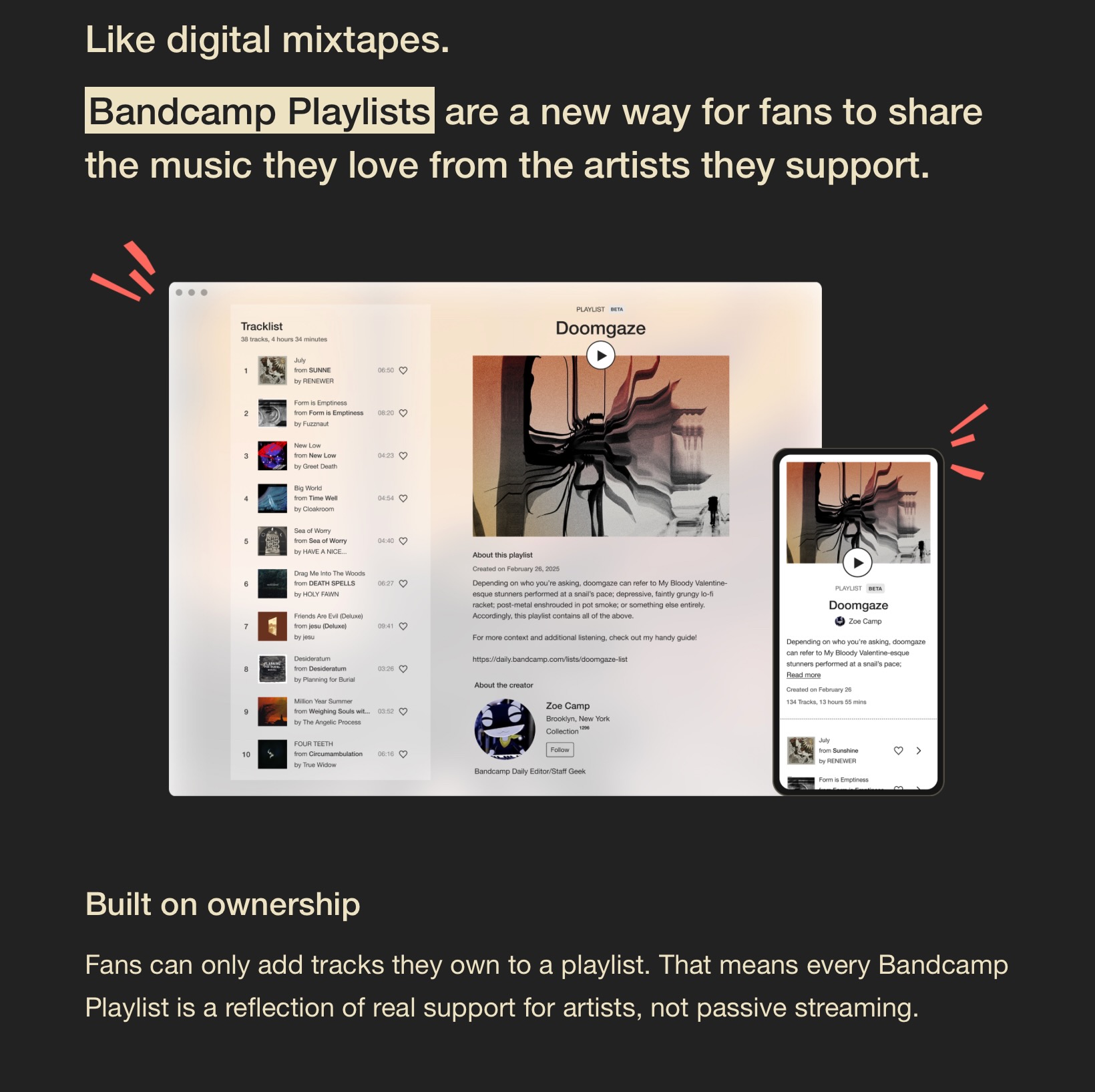I was starting to get down about the fact that my read-it-later digests from Matter were causing crashing errors on my Kindle. The issue has been pretty consistent lately and I don’t have much hope of getting help since it’s not really a supported integration. A few years ago, I enjoyed the Kobo and Pocket sync, but Pocket was far from my favorite app. Now that Pocket is dead, I didn’t have much hope for another option.
The news that my O.G. favorite read-it-later service, Instapaper, is building a Kobo integration was a wonderful surprise today. I could definitely see myself moving back into the Kobo ecosystem, especially now that I can’t back up my Kindle purchases and Amazon can revoke my access to them at any time. In addition, I always want to reduce my reliance on Amazon in any way that makes sense.
